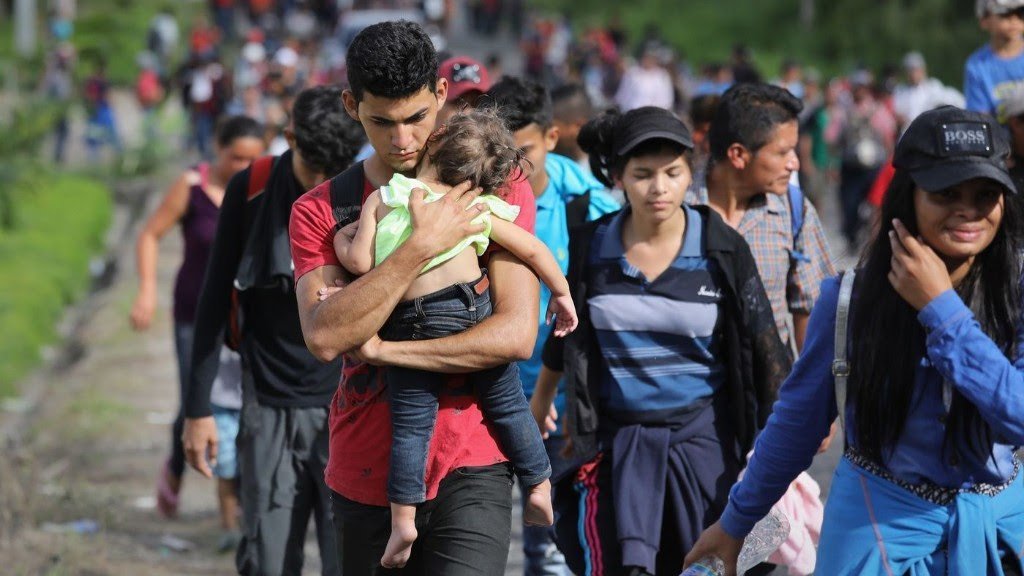Journal of American Ethnic History, Spring 2020
THE NECESSITY OF WRITING THE HISTORIES of forced migrants and dispossessed peoples moving across national borders long predates, but is underscored by, agonizing present-day realities of mass exodus, migrant endangerment, and the ferocious politicization of refugee admission for reactionary, nationalist purposes across the globe. Perhaps most obviously, scholars engaged in this research take up the unique challenges of eliciting, reconstructing, and preserving the memories of migrants that large-scale structures of violence and inequality have, in compounding ways, conspired to erase: the loss and destruction of documentary and other sources, traumatic suppressions and distortions of memory, the scattering of communities and erosion of rituals of history-making, the death of community historians and storytellers. The endangering of memory and history—pasts from which selfhood and belonging are cultivated—can, in fact, be seen as an extension of the dispossessing violence that set migrants to flight. And migrants’ oppression—in “home” country, “host” country, or both—is often predicated in part on the suppression of pasts that can carry political standing, claims, and rights, pasts that historians can play a role in sustaining and mobilizing. A rationale for writing these histories based in the idea of recovery is not, however, without its complications. It can trade on empiricist ideas of the historian as merely finding and rescuing—rather than mediating or co-inventing—the histories they write. And it can, consciously and not, position the historian as savior, mirroring the rescue narratives commonly advanced by receiving, “host” states themselves. Still, as with other cases involving the histories of oppressed and subordinated peoples, historians can and do have critical, productive roles to play.
